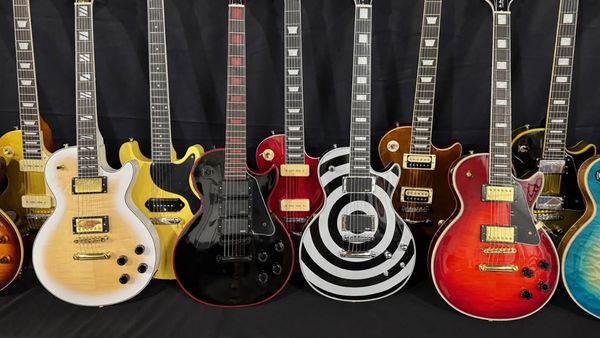
Dear Ms Understanding,
My daughter is nine and of Torres Strait Islander descent. She has brown skin and fluffy hair. I have given the school her psychology report multiple times showing she has very high cognitive ability, but she has never been picked for extended learning activities like some other kids and I have to constantly lobby the school about extending her learning, to no avail.
I’ve noticed she is becoming more withdrawn and disengaged at school. Last week some white students gave a talk at assembly about Indigenous people, but nobody asked her to speak.
Her average school reports baffle the psychologist and would possibly prevent her getting a scholarship elsewhere. I understand why she doesn’t try any more.
What do I do?
Dear Worried Parent,
Your child sounds like she is brimming with potential, and you sound like a fiercely loving parent who advocates strongly for your child.
Like all children, your fluffy-haired nine-year-old has a right to be nurtured, affirmed and intellectually challenged. So it must be very difficult to watch as the education system tries to dim her light. School should be a place of safety and creativity. Instead, your daughter is being given the message – intentionally or otherwise – that she isn’t smart and that her experiences as a child of Torres Strait Island descent do not matter. Her dreams for herself are being systematically stifled by the low expectations of a system that perpetually underestimates Indigenous people.
Unfortunately, she is not alone. There is strong evidence to suggest that racism is commonplace in many Australian schools. Children from Indigenous backgrounds, and from multicultural communities, report high rates of race-based bullying and harassment from other students and – devastatingly – teachers. At a systemic level, most teachers report that they do not have the skills to talk about race and do not know how to intervene to address racism in their classrooms or in the schoolyard.
The outcomes are painfully predictable. By the time they are 10 years old, Aboriginal and Torres Strait Islander children who have experienced school-based racism have substantially worse math scores and perceptions of their own academic ability than those who don’t. In other words, being a victim/survivor of racism has stark effects on numeracy. There is also strong evidence to suggest that racism in schools affects school attendance.
As advocates for the voice to parliament have pointed out, the education gap between non-Indigenous and Indigenous people is unconscionably high and will remain so as long as schools continue to marginalise children like your daughter.
The good news is there are many Indigenous-run programs that work to address the alienation that Black children feel at school.
As is the case with so many areas of Indigenous advancement, the solutions have already been worked out by Indigenous researchers, activists and community members and leaders. The missing piece has been the failure of successive governments to listen to that advice and apply it at a wide scale.
Still, you are in a great position to make some headway for your daughter. You’re already doing lots of things right. Studies have shown that parental engagement can boost educational outcomes and can go a long way towards helping children better navigate distressing school settings. But of course, parental engagement alone won’t change a broken system. Instead, a detailed review of programs that successfully support Indigenous kids has suggested that schools that work for Indigenous kids are those which create a warm and welcoming environment for parents and encourage their involvement; address barriers to parental involvement by offering other kinds of social support and referrals; and model the kinds of education support parents can develop at home.
You are already communicating with the school and advocating for her, and I have no doubt you supervise her homework and provide her support when she’s stuck academically. If you can, consider moving schools and using the shift to renegotiate the terms of engagement with the new school – letting them know that you expect them to be responsive to her concerns.
If that’s not an option, then become a pest at school. Join the parents association, or become a class mum, show up for school activities and events. Without knowing your situation, it’s easy to suggest these actions. If you’re under pressure with other demands, ask family and friends to represent you. It takes a village to raise a child, and of course, when the village shows up, the child feels loved, appreciated and less alone.
The situation you find yourself is deeply unfair. But, as you know far better than me, this is Australia. There is no question that your child deserves to be recognised. What remains to be seen is whether non-Indigenous Australians are prepared to give her the respect they accord their own children on a daily basis.
I’m rooting for you both.
Ask us a question
Whatever your background, people have many questions around race and racism that can sometimes be difficult to ask. It might be how to handle racialised treatment in the workplace, how to best stand up for a friend or even what to do if you think you have upset someone. Sisonke Msimang can help you figure it out. Questions can be anonymous.







